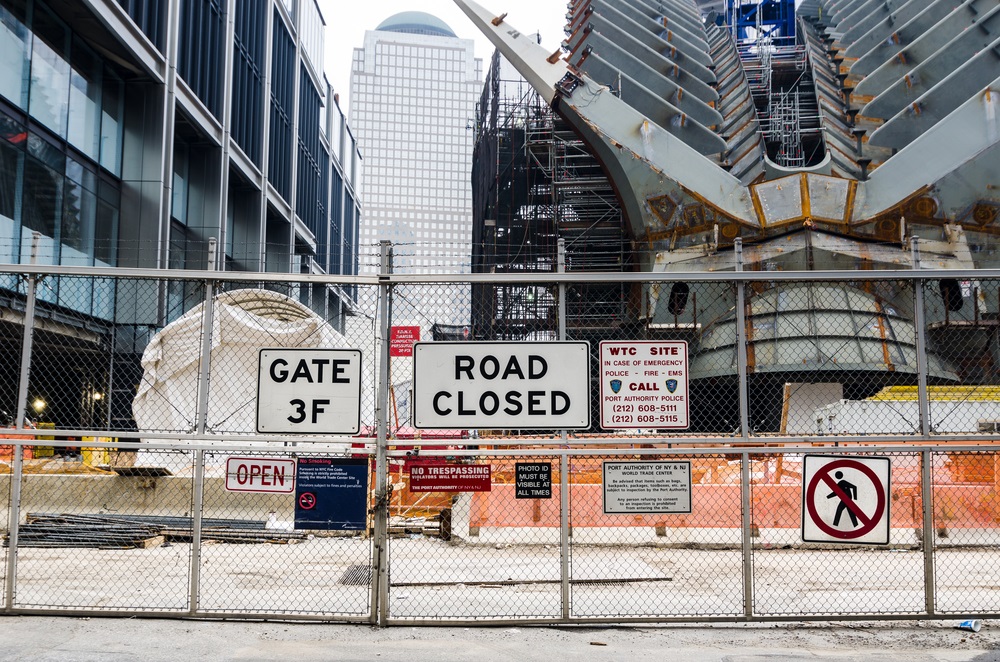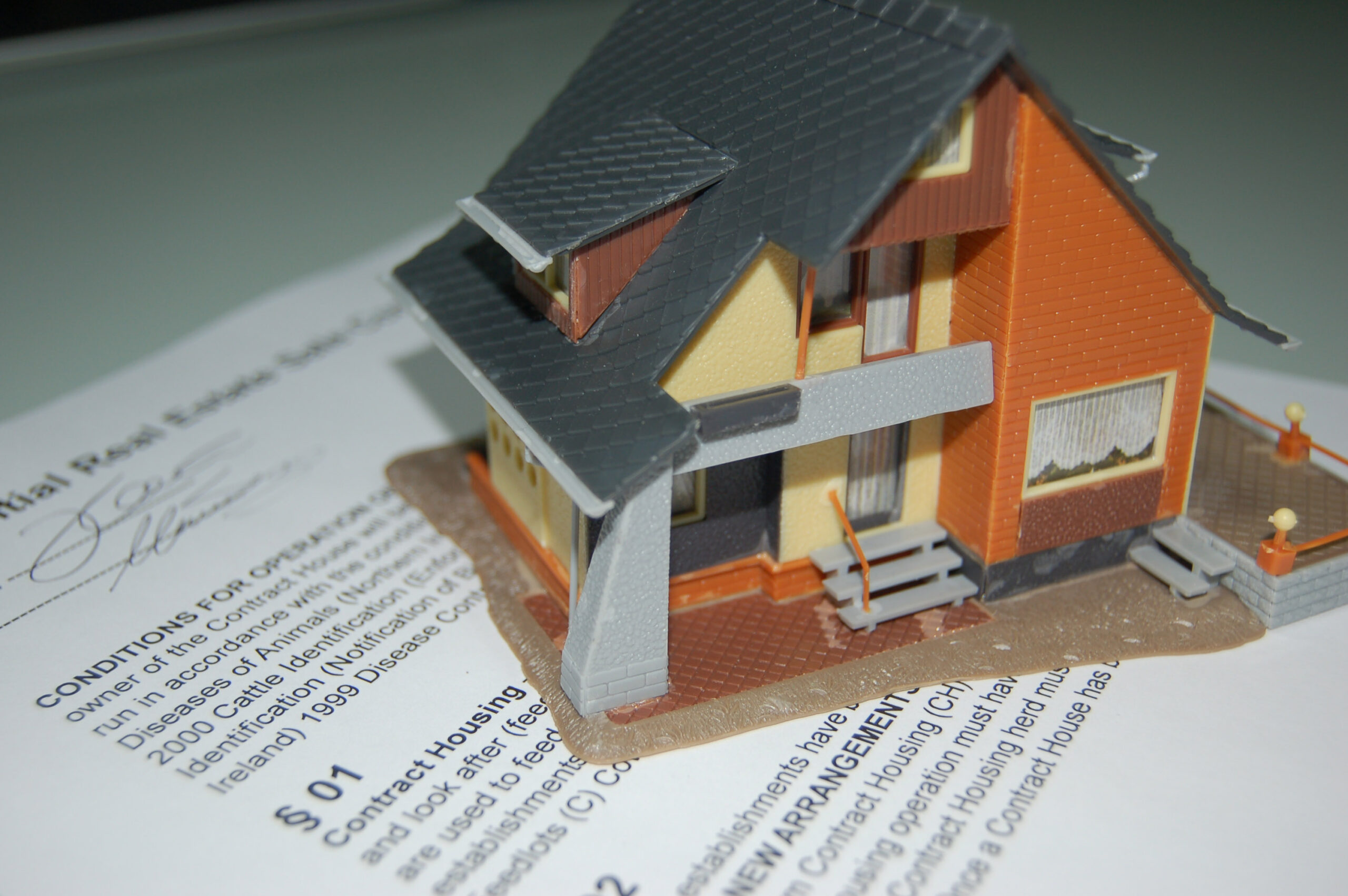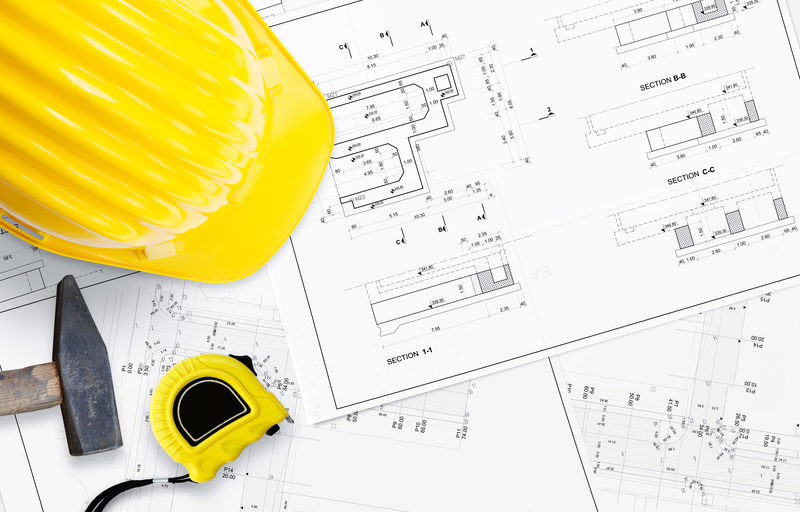Coronavirus and Your Construction Lien Rights in Private Commercial Projects

As we take care of our loved ones and ourselves in this terrible pandemic, we are all doing our best to generate revenue and protect our income stream. In construction, we know contractors have one of the worst records of delayed payments of companies overall. This is why lien laws exist, to give contractors some “collateral” of sorts and leverage so that they can get paid.
Filing a Construction Lien
Unfortunately, the New Jersey legislature has not extended the deadline to file a construction lien, so if you are a contractor (or someone listed below who is entitled to file a lien) and you are owed money in a commercial project, you only have 90 days from the last time you did work at (or provided labor/materials to) the site [does not include repair or warranty work] to file and record the lien with the clerk of the county where the property is located. Even if some county clerk offices might be closed, some counties have mail drops or we can e-file the lien for you. If you miss this deadline, you will not be able to file a lien. Ever. But be careful if you mail it. There could be delays at the clerk’s office in processing your lien, and if the clerk’s office does not record it and index it (give it an Index Number, Page, and Book number) by the 90th day, you will be out of luck. Personal filing or e-filing is the safest choice.
A lien is collateral because it gives you a right to get paid from the owner’s property (by way of a lien foreclosure). The lien is almost like a “mini mortgage” on the property, so it incentivizes the owner to pay you (or force the owner to pressure the contractor to pay you). You have one year from the date of the last provision of work, services, material, or equipment for which the lien claim is being filed to file a lawsuit to foreclose the lien. But note that there are also strict requirements for filing a lien, and you have to meet all of them. Here are some of them:
- You have to be a general contractor, licensed architect, engineer, land surveyor, certified landscape architect, professional planner (contracting with the owner), construction manager, prime contractor on a multiple prime project, subcontractor to a general contractor, sub-subcontractor to a subcontractor, or a materials supplier who has a contract with the owner, a general contractor, a prime contractor, construction manager, or a subcontractor.
- You must have a written contract signed by the party you are providing services, labor and/or materials to showing your scope of work and price.
- The lien must be for the value of the work or services you performed, including materials and equipment delivered/installed.
- The lien claim must be personally delivered or sent by registered or certified mail to the owner within ten business days after you file it with the county clerk (and if you are a subcontractor, you must send it to the general contractor in the same fashion.)
- You must file the right forms in the format required by the Construction Lien Law.
- There must a “lien fund,” meaning that the owner has not already paid the general contractor in full (if you are a subcontractor or supplier, the lien fund would be what is owed to the general contractor).
There are some serious penalties if you file an inflated or frivolous lien without basis, including being responsible for the owner’s attorney’s fees spent to discharge the lien and other damages, so you must be careful.
Filing a Mechanic's Lien
If your project is public, you may be entitled to file a mechanic’s lien (but only if the project is under the Local Public Contracts Law) and/or a pursue claim under the payment bond posted by the general contractor. There are strict requirements and a process to be followed with those as well, which if not followed will destroy your rights. (I will be writing a separate article about that.)
I understand we all have other huge priorities right now, but don’t lose an opportunity to be paid either now or after this terrible crisis is over. We can help you. Stay safe!



